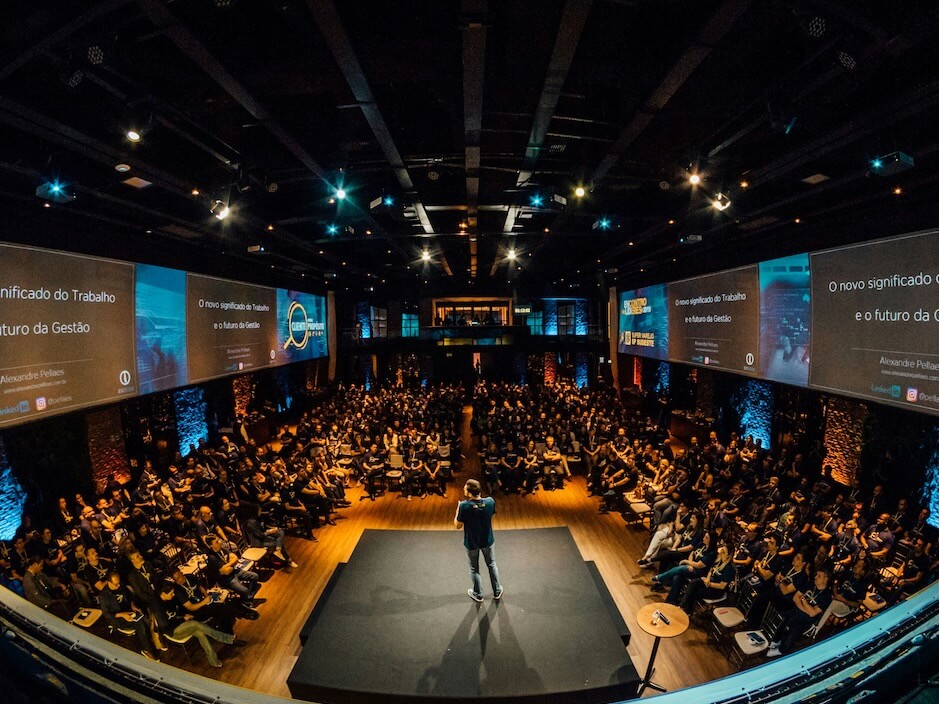Hosting significant events can feel like a balancing act. On one hand, you want to create unforgettable experiences for your guests. On the other hand, you need to ensure their safety and security. With many attendees and the high visibility of large events, the stakes are significant. So, how can event planners ensure their gatherings are both successful and safe?
Security is critical. Strong strategies are essential to protect attendees from potential threats. As events get more extensive and complicated, being proactive about security becomes crucial. Let’s discuss implementing effective security measures for your next business event.

Access Control
The first step to a secure event is controlling entry. Use tools like RFID badges or digital tickets that attendees must show upon arrival. This can involve scanning codes or checking IDs against a guest list.
Set up checkpoints where security personnel can monitor entry points. This deters unauthorized access and helps identify potential threats. Keeping track of everyone on-site helps with accountability and assists in emergencies by showing who is present.
Surveillance Systems
A reliable surveillance system is vital. Install cameras in key areas throughout the venue. These cameras can record incidents and deter troublemakers.
Make sure your surveillance covers both indoor and outdoor spaces. For larger events, consider using portable cameras in busy areas. It’s helpful to have monitors where security personnel can watch multiple feeds simultaneously to stay alert to any suspicious activities.
Weapon Detection Systems
A good weapon detection system is important for security. These systems can include simple walk-through metal detectors at entrances or advanced tools that use AI technology. They help stop weapons from entering the venue, which can discourage potential attackers.
Choose a system that fits the size and type of your event. Train staff to use this equipment well to avoid entry delays. It’s important to keep security processes safe and convenient for attendees.
On-Site Security Personnel
Having trained security staff at your event is essential. Their presence can ease concerns, and they are crucial in responding to incidents.
When hiring security personnel, choose those with experience in event security. They should know how to handle large crowds and be trained in emergency response. Regular briefings before and during the event ensure everyone understands the procedures and potential threats.
Emergency Plans
Though thinking about emergencies is uncomfortable, having a plan is key. Create clear protocols for different scenarios, such as medical emergencies, fires, or security threats.
Share the emergency plan with your team and any relevant authorities. Conduct drills if possible, so everyone knows their role in an emergency. Clear signs should be placed in the venue to show emergency exits, helping attendees know where to go if something happens.
Incident Reporting Systems
Create an incident reporting system to facilitate recording and responding to issues. You can also use mobile apps that let attendees report suspicious behaviour or concerns in real time.
This openness helps create a safety culture where everyone can help keep the event secure. Ensure there are clear ways for attendees to report incidents to security personnel or a hotline. Quick reporting allows for better responses and stops small problems from worsening.
Coordination with Local Authorities
Work with local law enforcement to strengthen your event’s security. This partnership can give you access to more resources and expertise.
Share details about your event with local authorities, such as the location, time, expected attendance, and any risks. Keeping communication open ensures that help can arrive if needed. This collaboration boosts security and reassures attendees that their safety matters.
Post-Event Review
After the event, review the security measures used. It’s important to consider what went well and what could be improved for future planning.
Get feedback from your team and security staff to find any gaps. Consider asking attendees for their insights, as they might notice issues you missed. Learning from these experiences will help improve your security strategy and make future events smoother for everyone involved.
Guest Awareness and Training
Teaching your guests about safety protocols can improve event security. Before the event, send information about key safety measures, emergency exits, and who to contact with concerns.
Consider holding a short orientation session at the event’s start to remind everyone of these protocols and introduce the security team. Encourage guests to stay aware of their surroundings and report any suspicious behaviour.
People also read this: Beginner’s Tips for New Dog Owners

